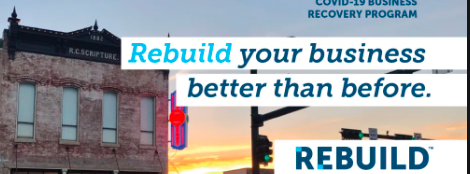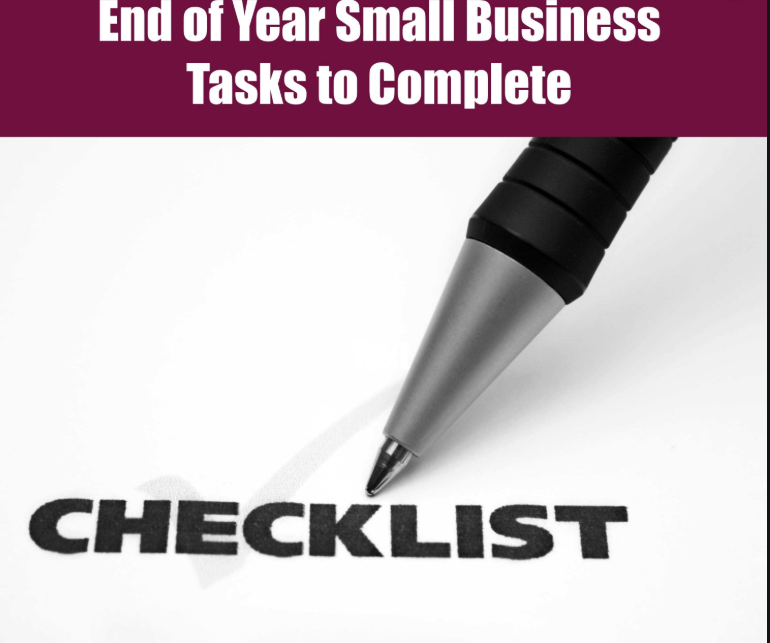Rebuilding Your Business After COVID-19 : Part 2 of 2

By Debbie Gregory.
The current COVID-19 pandemic has been raging all over the world since late 2019 and almost every small business has suffered various types of negative financial effects. Having a keen understanding of exactly how much your business has suffered, as well as having a solid plan in place, will dramatically help your business get back on track during this pandemic and hopefully after the danger has passed.
In Part one of this mini-series we covered some ways you can prepare your business. This part will continue to provide you a few more things you can do right now to prepare your business for a post-COVID-19 world. VAMBOA, the Veterans and Military Business Owners Association wishes you great success and prosperity.
4.) Time to Revise Your Budget:
To place your business back on its feet, you may need to invest a significant amount of money and/or resources to make money. You may need to launch new ad campaigns as well as invest in new marketing materials and collateral. You may also need to determine if you need new inventory as well as there might be new and improved equipment that you need to buy. You may also to hire or rehire employees with additional skills such as eCommerce expertise. You must have a clear vision of how much you need to get your business rolling on a day-to-day basis. It is a reasonable assumption that your pre-COVID-19 budget is no longer applicable, and you need to tweak it for this “new normal”.
5.) Put Together a Re-Build Timeline:
It will take hard work and energy to get your business back following the pandemic and doing everything all at once is not very realistic. Putting together a timeline that prioritizes your most important actions will help you reach each of your re-opening goals in an easier and quicker manner. For example, you may want to start by securing a loan, then rehiring your employees, then restocking inventory, etc. Also, make sure to track your progress each step of the way. Having a timeline and plan in place will keep you organized.
6.) BE PREPARED! Put Together A Plan Now for the Next Crisis:
Though this pandemic seems like a once-in-a-lifetime event, the reality is that an emergency of this nature may well happen again and again. For example, we are seeing a resurgence in hot spots and COVID 19 cases in areas that may have re-opened too soon and may have to close before they can again reopen. Use what you have learned during this pandemic to put together a comprehensive plan to help you insulate your business from future shocks and downturns.
You may want to:
- Build up liquid cash savings
- Pay down or pay off any debts
- Trim your nonessential spending
- Find ways to help your staff work more efficiently
- Cut operating costs
The more you can prepare now, the better off you will be once the pandemic has passed. Having at least one plan in place will greatly improve your odds of surviving now during these tough financial times and eventually thriving again more quickly and more efficiently.












